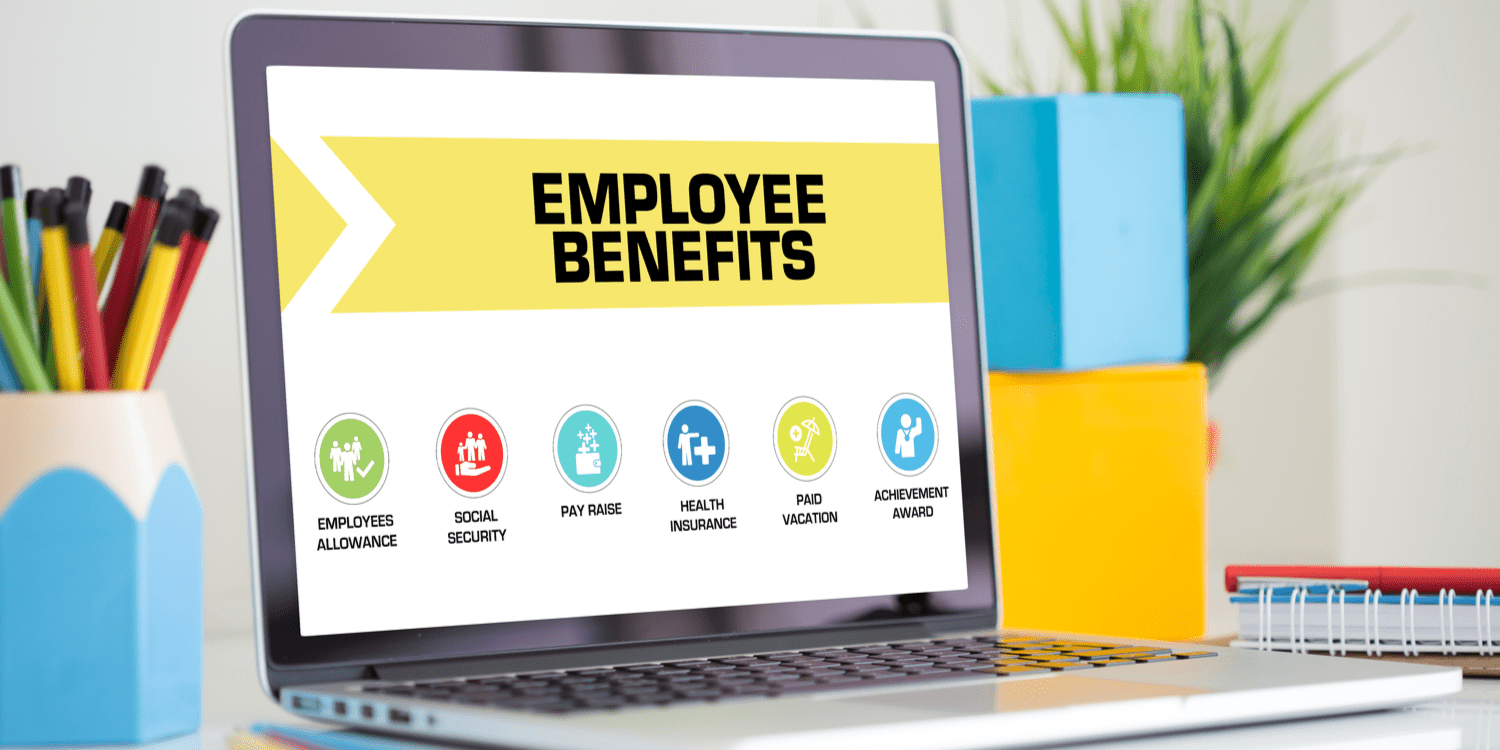In certain circumstances, larger companies and those with a progressive outlook will issue shares to employees as part of a benefits package. Setting up employee share schemes can be mutually beneficial to both companies and employees in terms of tax savings opportunities, attracting and retaining the very best talent, and creating a happy and productive work culture within the company.
Types of employee share schemes and tax advantages
There are several different types of employee share schemes available. Sometimes these will involve giving shares to employees free of charge, possibly as a joining incentive or bonus.
More commonly, however, these schemes provide an option for employees to purchase company shares at a fixed price for a certain period of time. This is often the market value at the point when the share purchase option was initially granted.
Share Incentive Plans (SIPs)
This scheme entails retaining shares within a Share Incentive Plan (SIP) for a minimum of 5 years. Leaving the shares in the plan means that there won’t be any Income Tax or National Insurance contributions (NICs) to pay in respect of the value of the shares. Capital Gains Tax (CGT) may need to be paid if these are later sold and a profit is made on an increase in their value.
Shares under SIPs can be obtained in four different ways:
- Free of charge – an employer can provide up to £3,600 of free shares in any tax year
- Partnership shares – this is where shares are purchased using salary prior to tax deductions (up to the lower of £1,800 or 10% of income for the tax year)
- Matching shares – employees can receive up to two free matching shares for each partnership share they purchase
- Dividend shares – subject to the SIP agreement, extra shares can be purchased with the dividends from free, partnership, or matching shares. No income tax needs to be paid on dividend shares for at least three years
Save As You Earn (SAYE)
Save As You Earn is a savings-related share scheme that allows employees to save up to a maximum of £500 each month as part of a savings contract that lasts either 3 or 5 years. Shares can be purchased at the end of this period using the accrued savings, with two tax advantages:
- There is no tax to pay on the interest or bonus at the end of the scheme
- No Income Tax or NICs are payable in respect of any difference between the price paid for the shares and their market value
Company share option plan
A Company Share Option Plan gives employees the option to purchase up to £60,000 worth of company shares at a fixed price, without being liable for any Income Tax or NICs in respect of any difference between the price paid for the shares and their market value. CGT may be payable upon the sale of shares.
Enterprise Management Incentives (EMIs)
Subject to certain exclusions, companies with assets of £30 million or less are able to grant share options to their employees, up to a maximum value of £250,000 in a 3-year period, through an Enterprise Management Incentives scheme. There is no Income Tax or NICs payable as long as the market value (at the time the option is granted) is paid.
What is an employee shareholder scheme (ESS)?
Employee shareholder schemes used to be a popular type of employment contract under which employees received shares with tax advantages in return for relinquishing certain employment rights. Although these schemes are still running, the tax advantages were abolished for new contracts drawn up after December 2016.









